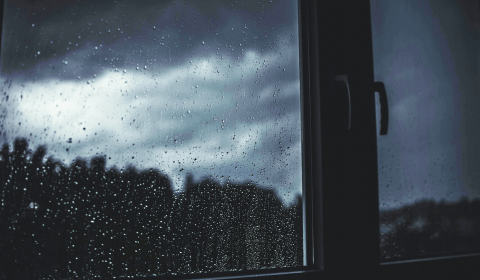An investigation into the supply chains of this ‘wonder product’ for skin, ageing, and health that’s at the centre of a global wellness craze has uncovered a dark side to its cultivation.
Collagen, which makes up 60 per cent of our cartilage, accounts for 70 to 80 per cent of the dry weight of skin, and features in other connective tissues such as tendons, muscles, and bones, is the most abundant protein in the human body – responsible for its elasticity, hydration, and resilience.
As we age, its production slows down, leading to less mobility and an older, more wrinkly, appearance.
The desire to mitigate these effects is what’s placed this ‘miracle’ molecule at the centre of a global wellness craze which has sent the now booming industry’s estimated worth skyrocketing to $4bn.
Creating an enormous demand for supplements to try and artificially replenish the collagen we have; brands and pharmaceutical companies have jumped at the opportunity to promote the ‘wonder product.’
https://twitter.com/snolen/status/1632762555947941889?ref_src=twsrc%5Etfw%7Ctwcamp%5Etweetembed%7Ctwterm%5E1632762555947941889%7Ctwgr%5E2a0b635cb42756ba18dc71ee87b0be7c48d50933%7Ctwcon%5Es1_&ref_url=https%3A%2F%2Fwww.commondreams.org%2Fnews%2Fcollagen
But it has to come from somewhere and, despite repeated calls for eco-friendlier beauty and personal care supply chains, it seems that somewhere is in fact hurting the planet.
This is according to The Bureau of Investigative Journalism (TBIJ), which recently uncovered a dark side to its cultivation.
Though it can be extracted from fish, pigs, and chicken, collagen from cows makes up 34% of the market. Grand View Research attributes this to the ‘high availability of cattle and lower prices.’
As stated in the TBIJ report, sourcing it this way is driving illegal deforestation and abuses against Indigenous communities.




















